Exercise Prescription
What is Exercise Prescription?
Gone are the days where you attempt an exercise that you soon give up because it is too hard, or just not right for you.
An Exercise Physiologist is an expert in exercise prescription and will determine an intensity that is right for you and will help you progress in a manageable time frame.
An Exercise Physiologist exercise science background will also reduce your risk of injury from exercise. They will ensure that your form is correct, whether you walk, run, lift weights or more - right down to tiny details.
This means that your body will be working in an optimised way so that you can perform better, and reduces the chances of you getting hurt.
Finding Motivation And Building Habits
An Exercise Physiologists offers proven experience inspiring everyday people just like you to find intrinsic motivation to achieve your goals.They can work with you to help you understand the importance of physical activity and to find an activity that you will enjoy.
By helping you to find your own motivation for making positive changes in your life and helping you to determine an exercise that you enjoy, your Exercise Physiologist will work with you to form positive habits in your life which lead to lasting change.
Making positive lifestyle changes
Exercise Physiologists are also experts in how other health elements such as diet and sleep can help you get more out of your physical activity. your Exercise Physiologist can draw on their motivation skills to help you improve your health in more ways than just exercise.
Why Physical Activity and Exercise
Physical activity and exercise is a major contributor to a healthy lifestyle. Patients who misuse their bodies can lead to unhealthy living and disease.
What Are the Symptoms of Unhealthy Lifestyles?
Unhealthy living may manifest itself in
- obesity,
- weakness,
- lack of endurance, and
- overall poor health
that may foster disease development.
Why Consider Exercise Prescription?
Below are some benefits of Exercise Prescription:
- Regular exercise can prevent and reverse age-related decreases in muscle mass and strength, improve balance, flexibility, and endurance, and decrease the risk of falls in the elderly.
- Regular exercise can help prevent coronary heart disease, stroke, diabetes, obesity, and high blood pressure.
- Regular, weight-bearing exercise can also help prevent osteoporosis by building bone strength.
- Regular fitness can help chronic arthritis sufferers improve their capacity to perform daily activities such as driving, climbing stairs, and opening jars.
- Regular exercise can help increase self-esteem and self-confidence, decrease stress and anxiety, enhance mood, and improve general mental health.
- Regular exercise can help control body weight and in some people cause loss of fat.
- Thirty minutes of modest exercise (walking is OK) at least 3 to 5 days a week is recommended, but the greatest health benefits come from exercising most days of the week.
- Exercise can be broken up into smaller 10-minute sessions.
- Start slowly and progress gradually to avoid injury or excessive tiredness or fatigue. Over time, build up to 30 to 60 minutes of moderate to vigorous exercise every day.
- People are never too old to start exercising. Even frail, elderly individuals (70-90 years of age) can improve their strength and balance with exercise.
- Almost any type of exercise (resistance, water aerobics, walking, swimming, weights, yoga, and many others) is helpful for everybody.
- Children need exercise; play outside of the home is a good beginning.
- Sports for children may provide excellent opportunities for exercise, but care must be taken not to overdo certain exercises (for example, throwing too many pitches in baseball may harm a joint like the elbow or shoulder).
- Exertion during strenuous exercise may make a person tired and sore, but if pain occurs, stop the exercise until the pain source is discovered; the person may need to seek medical help and advice about continuation of such exercise.
Who Should You See An Exercise Physiologist ?
Most individuals can begin with moderate exercises, such as walking, without a medical examination. The following people, however, should consult a doctor before beginning more vigorous exercise:
- Men over age 40 or women over age 50
- Individuals with heart or lung disease, asthma, arthritis, or osteoporosis
- Individuals who experience chest pressure or pain with exertion, or who develop fatigue or shortness of breath easily
- Individuals with conditions that increase their risks of developing coronary heart diseases, such as high blood pressure, diabetes, cigarette smoking, high blood cholesterol, or having family members who had early onset heart attacks and coronary heart disease
- Individuals who are morbidly obese



